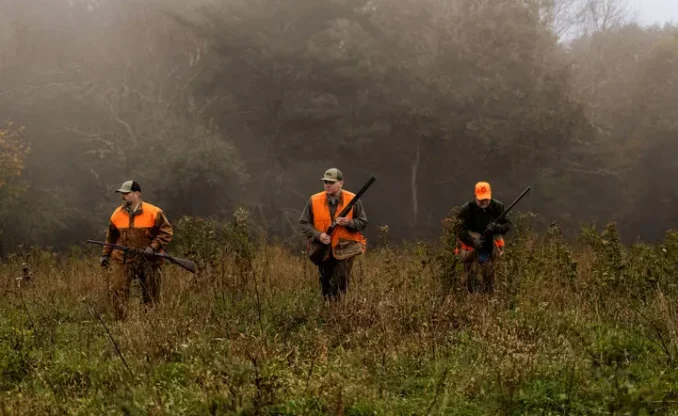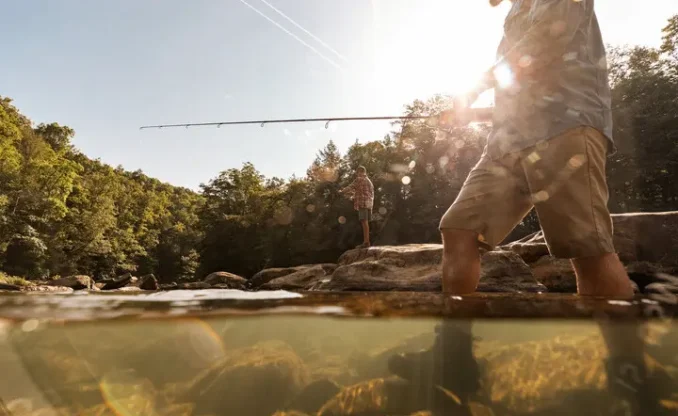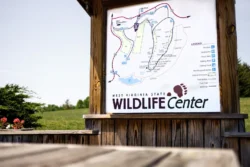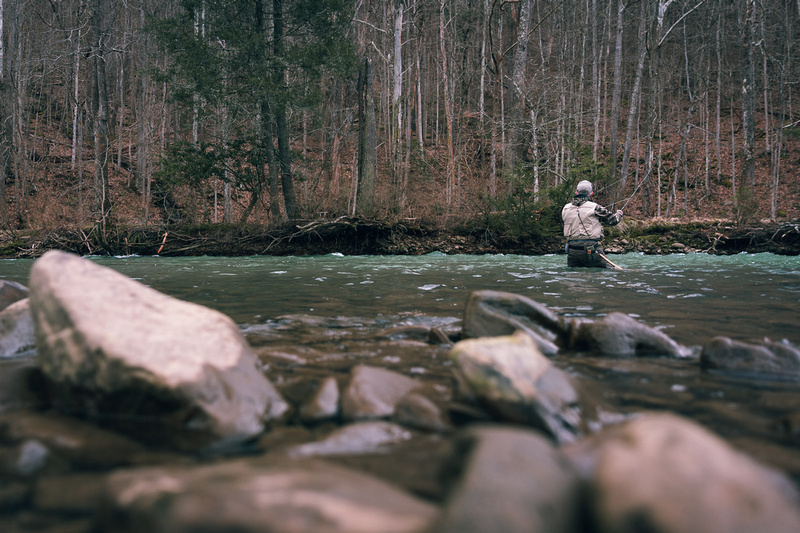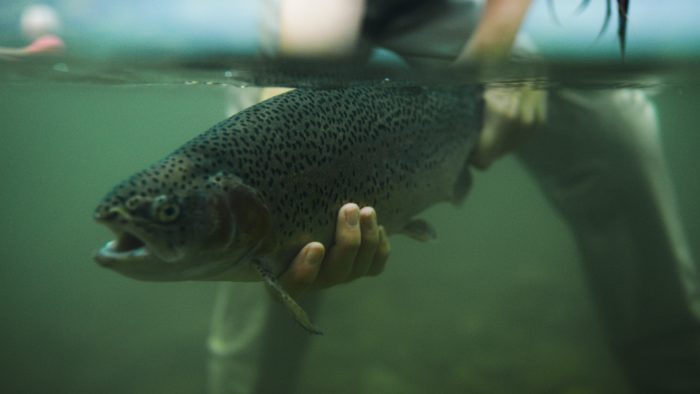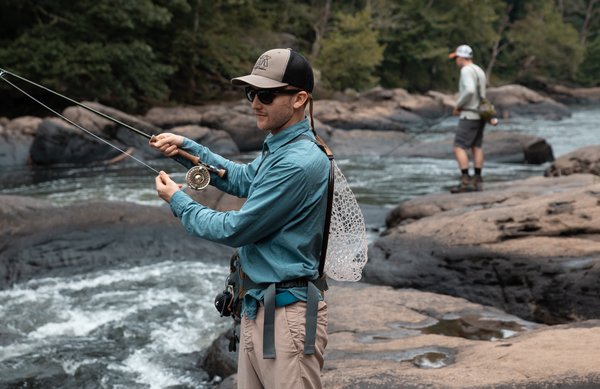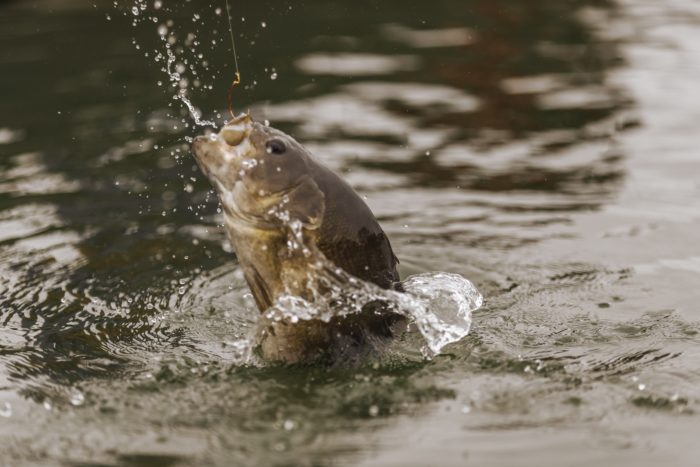Wide-open lakes, expansive rivers and babbling brooks, Almost Heaven is the perfect place to learn to fish or perfect your techniques. Whether you’re learning to fish for the first time or you’re an advanced angler, your ability to catch a fish is almost exclusively dependent upon the techniques used.
Getting started with fishing
One of the best things you can do as a new angler is learn from someone who’s more experienced. Finding a family member or close friend to learn from can be extremely helpful, but if you find that you don’t have any experienced anglers around you, don’t fret; simply find some on social media or check out popular videos online to learn more about the most effective fishing techniques.
If you’re someone who is just getting started, it may be in your best interest to start out with a basic cane pole or simple bobber on a spin-cast or spinning outfit. Cane poles are an especially great option, as they require minimal equipment, are low in cost and fun to use. To make one yourself, all you’ll need is a piece of cane or other flexible ‘stick’ to use as the rod, a section of monofilament to tie on the end, and a bobber and hook set up to act as terminal tackle. As for bait, it most often consists of worms or mealworms, and sometimes even salmon eggs or PowerBait for trout. Using this kind of basic setup can allow you to catch many common freshwater species like bluegill, bass, trout and catfish.
Basic fishing techniques
One thing you should always consider before starting out is how you want to fish. Do you want to wade into the water, or would you prefer to use a boat? While each has its advantages and disadvantages, wading is best for streams and rivers where trout and smallmouth bass can be found, while boating is better suited for muskie and larger bass on navigable rivers like the Kanawha or Ohio. For the vast majority of anglers in West Virginia, kayaks have quickly become the most common type of vessel used to fish and enjoy various bodies of water.
As you further develop your skills, you can begin to expand upon your knowledge and techniques by giving artificial lures a try. While there are a lot of great choices when it comes to artificial lures, a good starting point is to start by choosing those that come in natural colors.
One interesting thing about lures is that their colors can be chosen for specific conditions and fish species. For example, during stained high-water conditions the best choice in lure would be one that is easy to see and gives off a lot of vibrations. A chartreuse spinner is another good option, as the fish are able to see it better than one of a natural colored and can also sense the vibration coming off of the spinner. During low-water summer conditions, fish are often easily frightened, so its best to downsize your bait and use more natural colors. During the months of June and July, small crankbaits fished on spinning rods with a light line (around 4-6 pounds) are an excellent choice for smallmouth bass residing in the streams or rivers of West Virginia.
Advanced fishing techniques
As you become more advanced as an angler, it’s only natural to expand your skillset and learn more involved techniques that require specialized equipment such as a fly rod. With a fly rod, the angler uses a fly line (which is much heavier than conventional line) to carry small insect-like bait to the fish in the water. Attached to the fly line is a tapered monofilament leader that carries your bait out to the fish. Flies are often tied with hair and feathers, things which you can simply purchase yourself or acquire from harvested game. While you don’t need to cast far with a fly rod, there is a certain technique you can learn as you become more comfortable that requires extra practice.
If you want to fish for muskie you’ll need to learn additional advanced techniques, as these incredible game fish grow to be quite large and require suitable tackle and bait. Large, heavy casting and spinning rods are often used to cast large lures into suitable fishing locations, and the use of steel or fluorocarbon leaders helps prevent you from losing your lure to the sharp bite of the fish.
Success with fishing techniques
One trait of a successful angler is that they never stop learning new techniques, improving their skills, or looking for ways to leading a helping hand to an angler with less experience. If you’re new to angling, look for online angler groups or clubs to help you learn and develop successful fishing techniques. You can also learn a lot by being active in bass clubs, catfish clubs, Muskies Inc. chapters and Trout Unlimited chapters.
If you’re a seasoned angler, it is crucial that you always share your tips and tricks with younger and less-experienced anglers to help foster a long-term appreciation for fishing, natural resources, conservation and outdoor recreation in general. Most importantly, sharing the techniques that helped you become a better angler will allow you to create lasting memories and find a family within the angling community.

